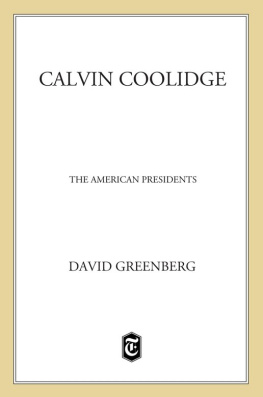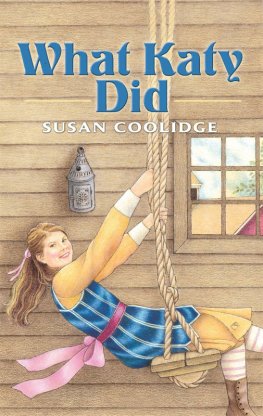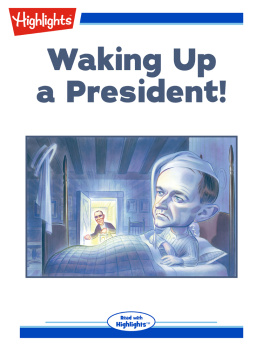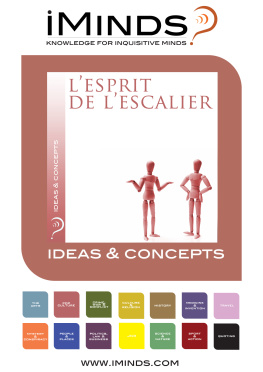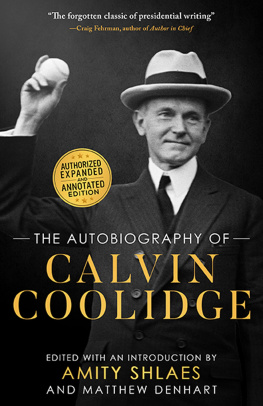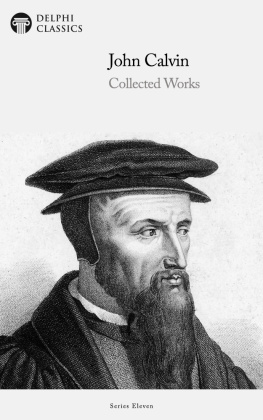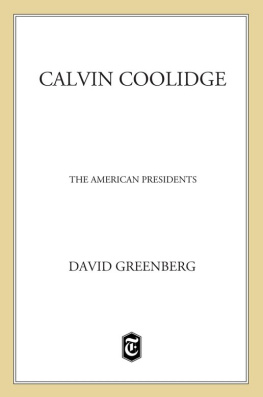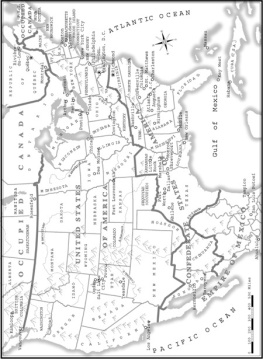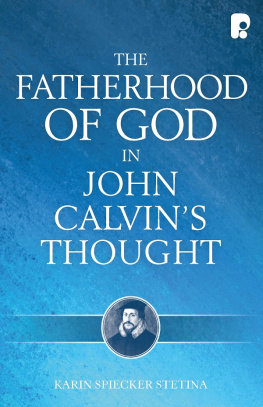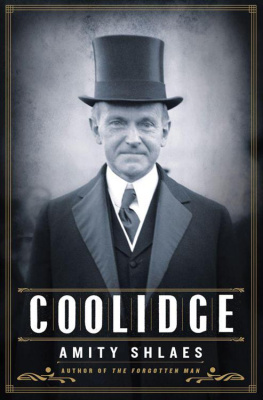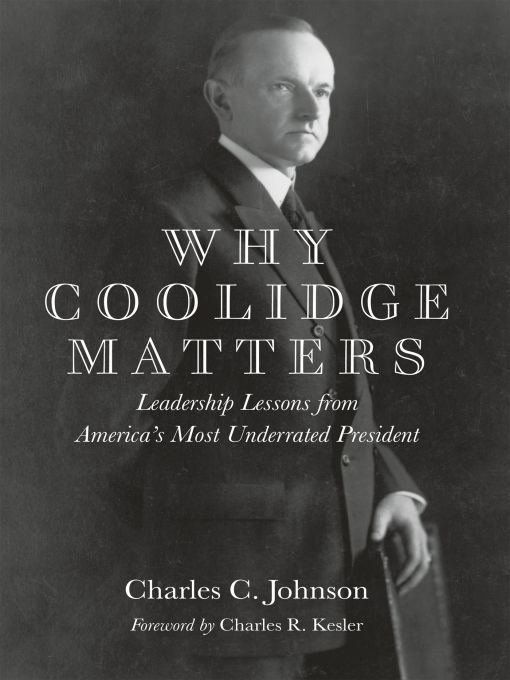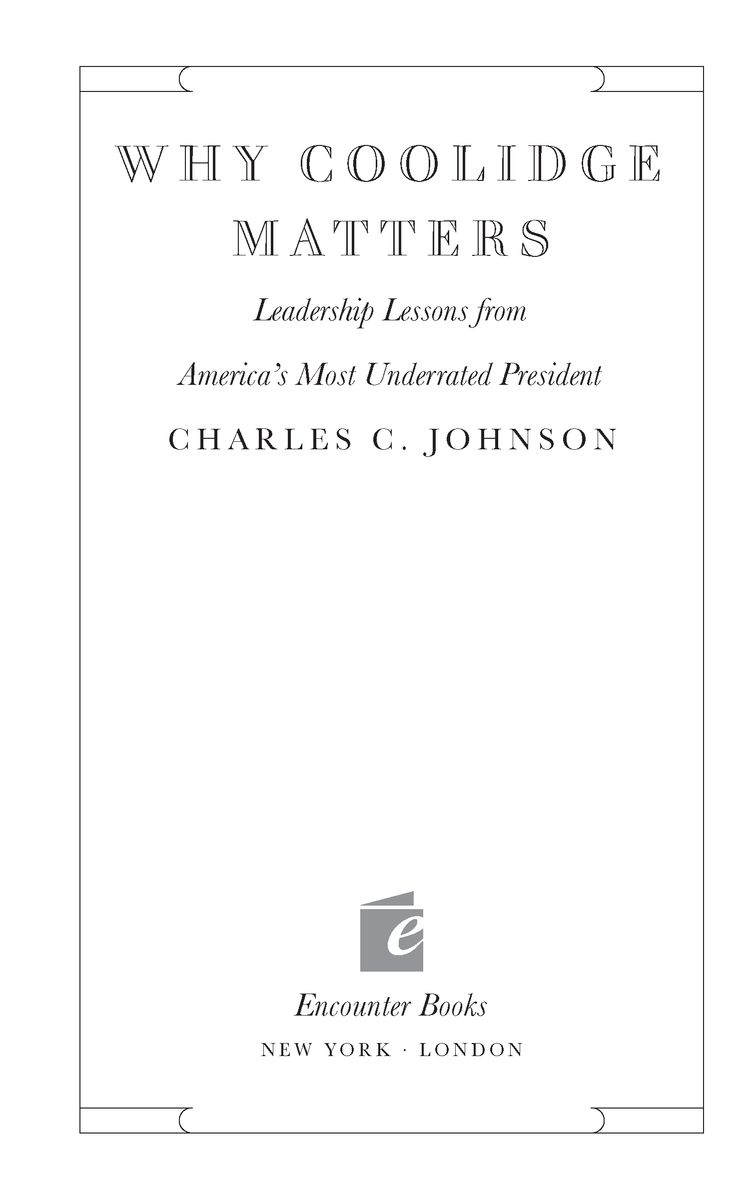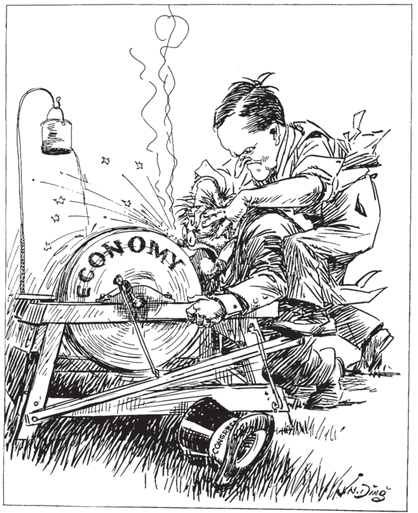Table of Contents
The Daily Grind in Washington
Coolidge holding Congresss nose
to the grindstone of the economy,
January 15, 1925.
COURTESY OF THE JAY N. DING DARLING
WILDLIFE SOCIETY
For the Corcos family,
with thanks for everything
ACKNOWLEDGMENTS
I owe many debts that I, unlike President Coolidge and his Secretary of the Treasury Andrew Mellon, am hard pressed to repay. Here I shall list my necessary debts, ever thankful that I incurred them and hopeful that they are sufficient.
The list begins with Professors Kesler and Rossum, who kept me out of (most) trouble at college. What Charles Garman was to Coolidge, Rossum and Kesler are to me. They have opened their minds, their libraries, and even their homes to me. The great distinguishing mark of all of [my professors] was that they were men of character, Coolidge noted about his time at Amherst. So, too, I can say of my favorite professors at Claremont. In particular, special thanks go to Professor Kesler. It was said that Garman alone in the wilderness would be a university; the same is true of Professor Kesler, who gave his attention and more important, his encouragement to this project.
Ryan Williams, Linnea Powell, Bryce Gerard, John Kienker, Sam Corcos, and, as always, Bernadette, listened to me recount my love of the 20s. Coolidge once said that it takes a great man to be a good listener. I am surrounded, then, by great men and women, who tolerated me even when I was intolerable, which, I am ashamed to say, was often.
An especially patient man is David Frisk. He is a good friend and a magnificent editor, and he poured his attention into this project with all the enthusiasm that the perennial student of history and government can muster.
The family Corcos, to whom this work is dedicated, are the greatest friends I have ever had. When I had not a lot, they took me in for Christmas, not once, not twice, but thrice, and gave me the greatest Christmases ever.
This is fitting because in some key respects, it is always Christmas with them. When I read Coolidges reminder that those who have the real spirit of Christmas are those who cherish peace and good will and are plenteous in mercy, I picture the Corcos family. How lucky I am to count them among my friends; how different these years would have been without them.
My parents inspire from afar, in the land that so desperately needs another Coolidge. They are truly public servants, serving the public schools where they teach, not for their pay, but for the love of, and respect for, the children in their charges. I, of course, was their first pupil and for that I am always grateful.
I am grateful as well for the opportunity to study Calvin Coolidge. He was not silent but silenced, and here I hope to have him speak for himself. As we shall see, he has much to say if only we care to listen.
Nothing in the world can take the place of persistence. Talent will not; nothing is more common than unsuccessful men with talent. Genius will not; unrewarded genius is almost a proverb. Education will not; the world is full of educated derelicts. Persistence and determination alone are omnipotent. The slogan press on has solved and always will solve the problems of the human race.
CALVIN COOLIDGE
quotation from a 1933 Coolidge memorial program
FOREWORD
YOU WOULD NOT want Charles Johnson to look into your background, not if you had anything to hide. He is an indefatigable investigator, who, at the campus conservative magazine, the Claremont Independent and at his own rollicking blog for four years kept Claremont McKenna College buzzing with revelations about affirmative action, politically tendentious speakers, and abuses in student government. He held college administrators feet to the fire, and they got singed.
It was easier to condemn than to refute him, and his critics soon gave up on the latter. Outside CMC, more disinterested judges quickly discovered the boldness of his reporting and commentary. Soon he had been awarded virtually every prize a young journalist of conservative disposition could receive: the Robert L. Bartley Fellowship at the Wall Street Journal, the Eric Breindel Award, the Robert Novak Award from the Phillips Foundation, and a Publius Fellowship at the Claremont Institute. Hitting the trifecta is hard, but what Charles achieved is so remarkable as to be nameless: hitting what, the quadrifecta?
While leading his very public life as a student journalist, Charles pursued, more quietly but just as intrepidly, the study of politics. His senior thesis, a precocious work of political biography, became the starting point for the book (his first) you are now reading. Why Coolidge Matters marks the appearance of a major new conservative talent and the reappearance of a major old one.
We are on the verge of Calvin Coolidge revival, and it is long overdue. It has kindled for a while, at least since the publication in 1982 of Thomas B. Silvers brilliant Coolidge and the Historians. This was not long after President Ronald Reagan had rearranged the presidential portraits in the Cabinet Room: Thomas Jeffersons went out, and Coolidges in, to the consternation of liberal society. Reagan, born in 1911, remembered the Coolidge years in blessed contrast to the times surrounding them. In Silvers words: The hallmarks of the years proceeding Coolidge were war and depression; the hallmarks of the years following were depression and war. The hallmarks of the Coolidge era were prosperity and peace.
Doubtless, Harry V. Jaffa, Silvers teacher who had set him on the path of studying Coolidge, was right to complain that Calvin Coolidge would have been more honored if his portrait had been side by side with that of the author of the Declaration of Independence. After all, Coolidge was the only president to have been born on the Fourth of July. Perhaps Reagan, who had made his own study of Coolidge, counted him not as a replacement for Jefferson but as a representative of genuine twentieth-century Jeffersonianism, as opposed to the spurious kind circulated by, say, Franklin D. Roosevelt.
Before a Coolidge revival can proceed very far, it has to confront the damaging myths about him. These originated in the political charges hurled against him by his partisan opponents, which, with anger and bias aplenty, were then transcribed into the history books by the court historians of the New Deal. Read the accounts by Allan Nevins, Henry Steele Commager, and above all Arthur Schlesinger Jr., and you will see this mythology, part of the official narrative of modern liberalism, passed down to later historians who credulously repeat the same stories. Schlesingers indictment of Coolidge in
The Crisis of the Old Order, the first volume (published in 1957) of his admiring
Age of Roosevelt, is classic:
[Coolidges] speeches offered his social philosophy in dry pellets of aphorism. The chief business of the American people, he said, is business. But, for Coolidge, business was more than business; it was a religion; and to it he committed all the passion of his arid nature.... As he worshipped business, so he detested government.... The federal government justified itself only as it served business.... And the chief way by which the federal government could serve business was to diminish itself.


